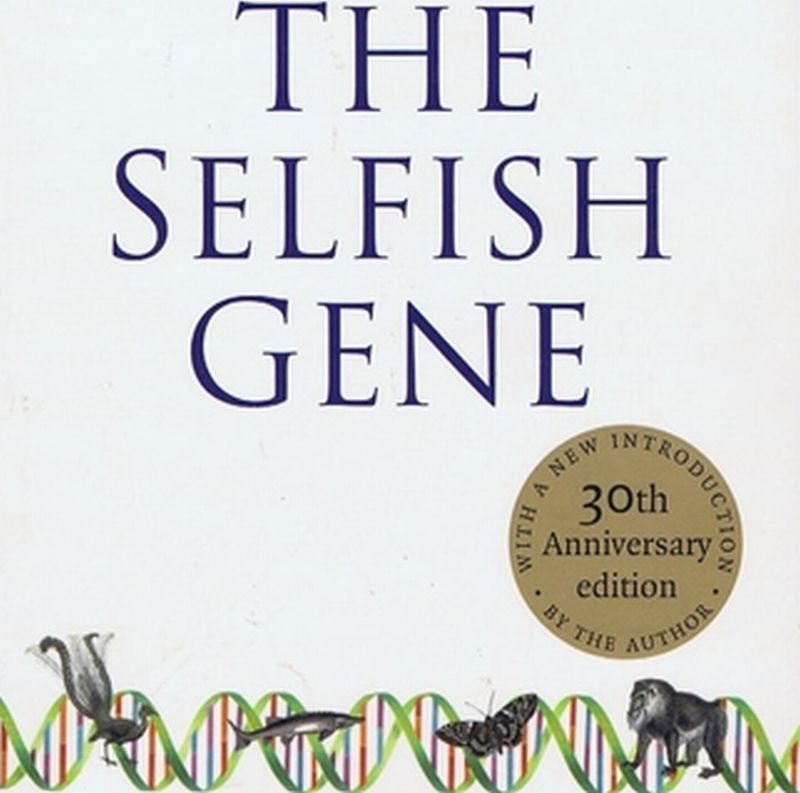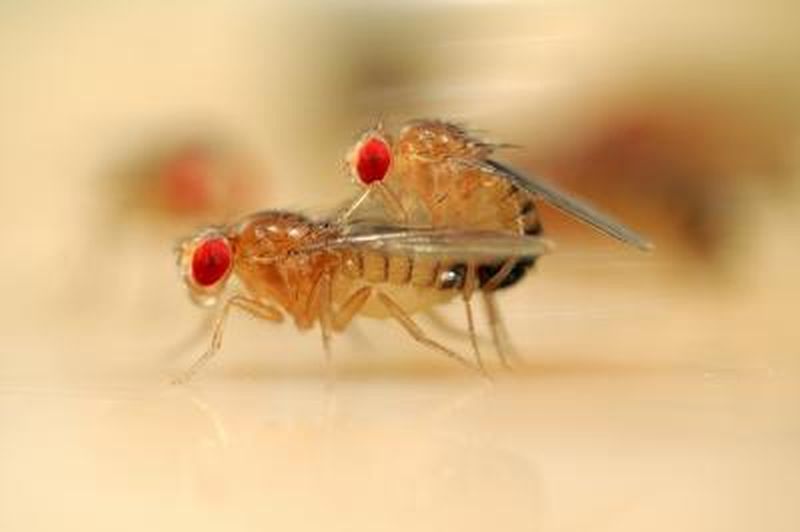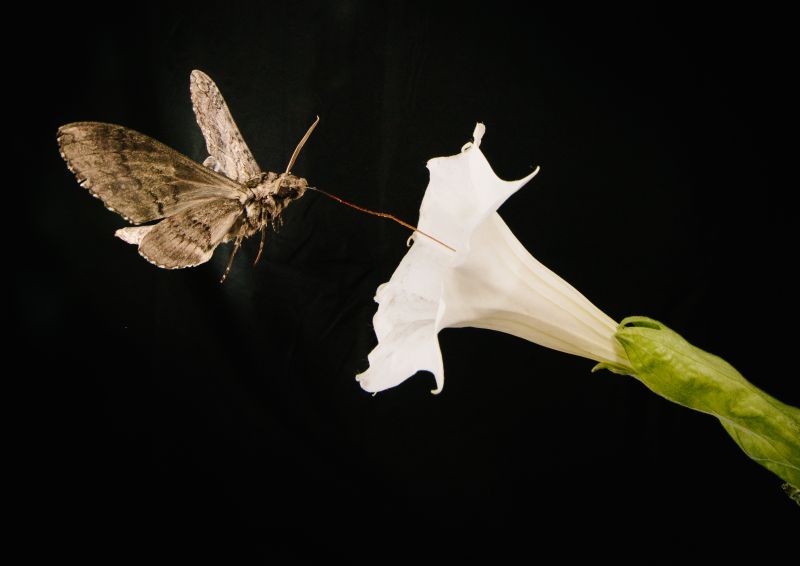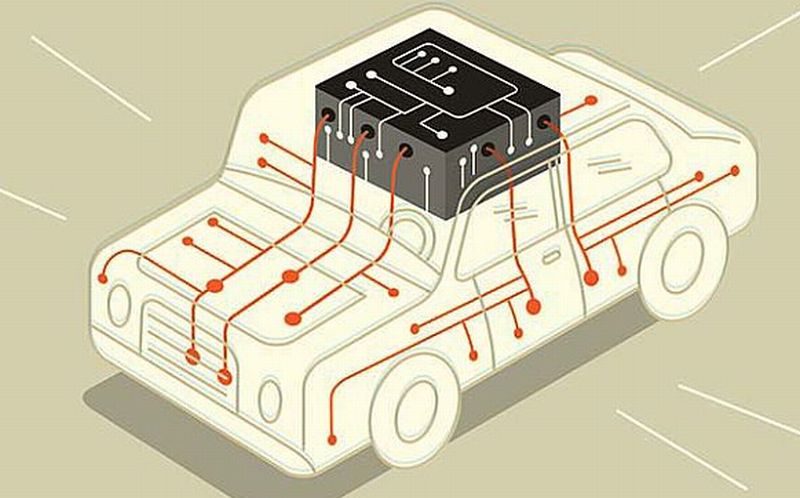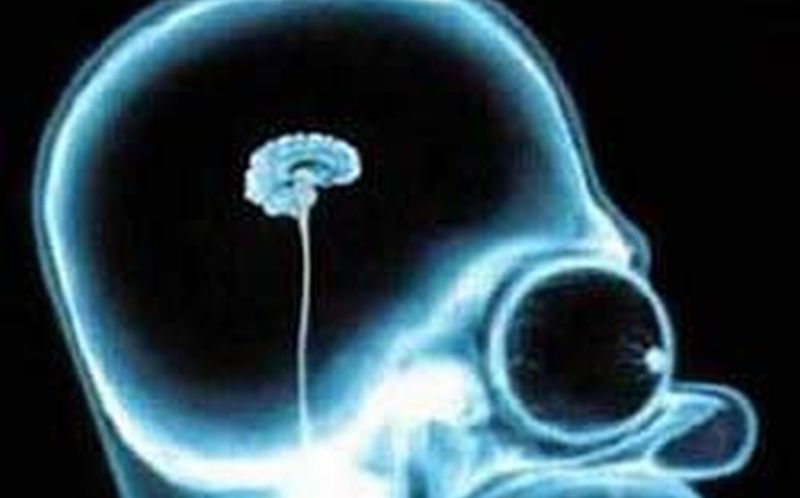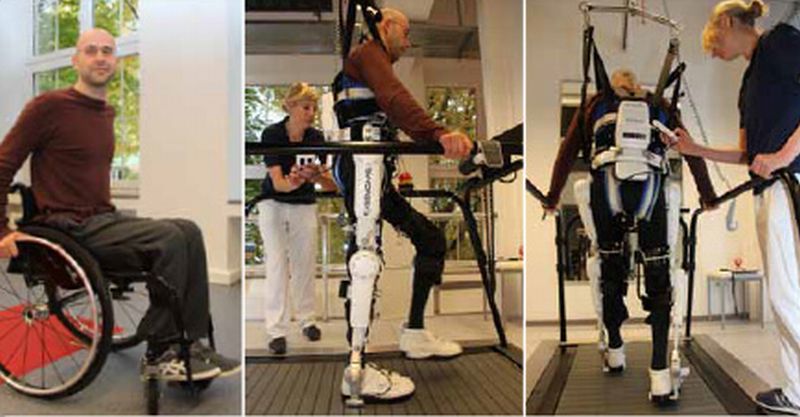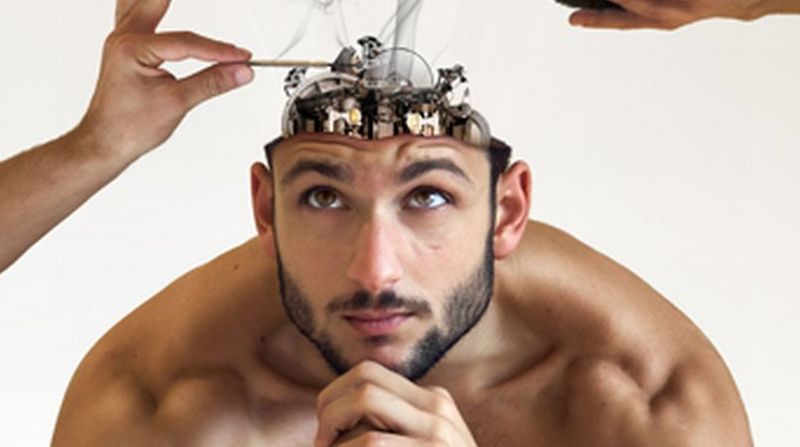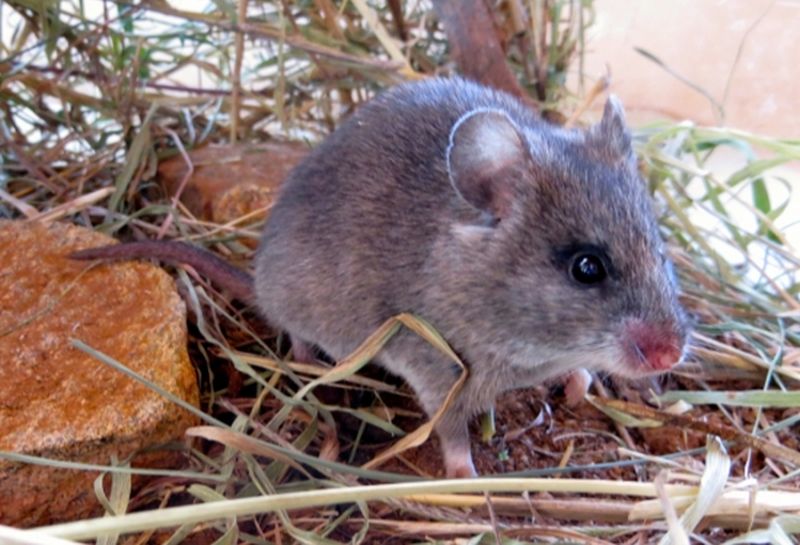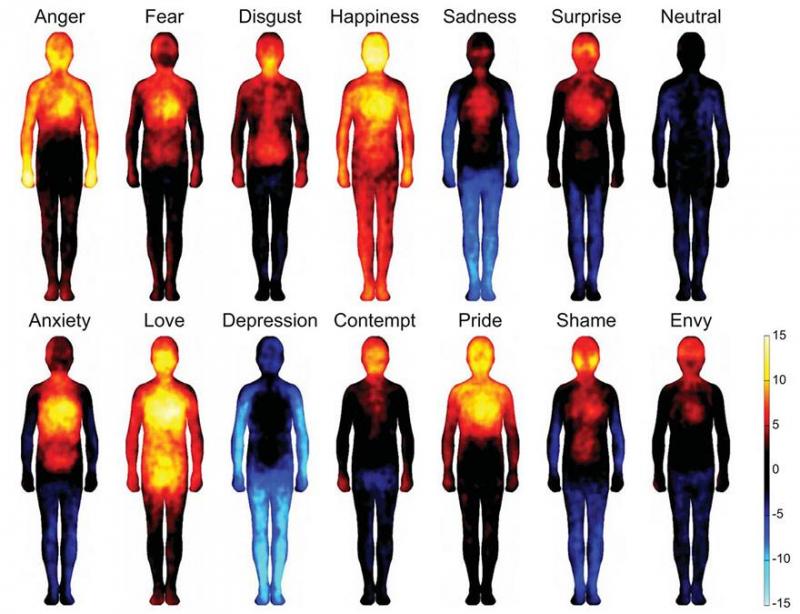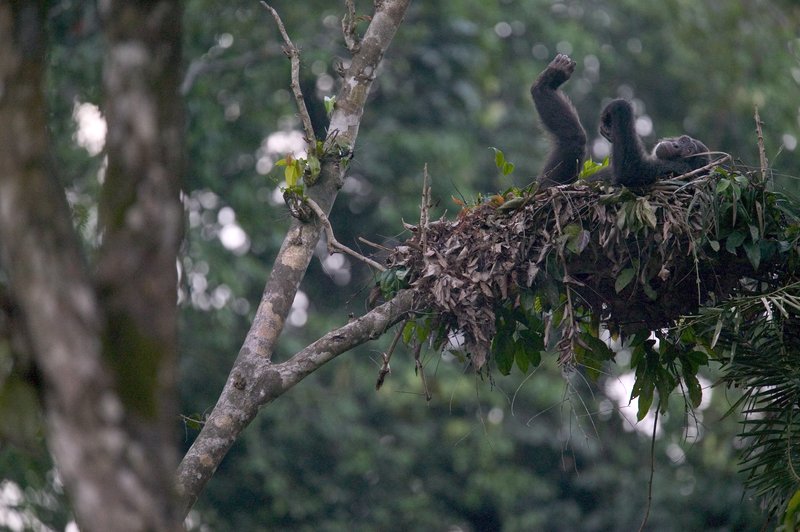Selfish Gene is quite a fascinating book and I liked the way Richard Dawkins introduced the metaphors and analogies. Richard Dawkins is a British evolutionary biologist and author. Most importantly he is a science educator. And one of the finest science writers so far. The book, Selfish Gene happens to be my first read from Dawkins works. In this he advocates gene as the principal unit of selection in evolution. Right from the starting, this book got me hooked. All his logics seem to fall at the right places. The…
Search Results for: brain
Odor Receptors in Skin Cells would facilitate Healing of Wounds: Smelling Therapy
After the nose and lungs, experts have found odor receptors (similar to one in the nose), present in skin cells and thus enabling our skin to sense different odors and surprisingly these help in the speedy healing of wounds. Researchers have found nearly 350 distinct varieties of olfactory receptors in the human nose. These receptors detect different odors and begin a signaling process which sends messages to the brain. Apart from nose, 150 olfactory receptors are also located in other internal tissues as heart, gut and liver. Using these receptors,…
Neuroendocrine System influences Sexual Behavior: Disclosed Fruit Flies
Researchers are trying to unlock the mysteries of the brain that makes an individual to select a potential mate and study how these processes of selection differ in male than that of the female. The topic sounds interesting, however, studying humans for the purpose is rather difficult and so researchers are studying fruit flies to understand different events during courtship that might be apropos to humans and other creatures as well.
Genes Too Influences Will Power: Low Warrior Gene means Poor Self-control
To achieve a goal in life or to live in a society, humans have to exercise will power, to avoid negative thoughts and temptations that can drag them to a wrong direction. Will power is one of the human strength, which like a muscle can be exercised, but genes can also influence it.
Pollution Deter Insects from Pollination: Mask Flower’s Scent
According to a latest research, pollution and other odors causes hindrance for insects in search of flowers to feed on. In a joint study, researchers from the University of Arizona and University of Washington studied tobacco hornworm moths (Manduca sexta) while they searched and interacted with flowers. The moth likes to feed on nectar from the plants like the Sacred Datura, which usually are seen growing hundreds of meters apart. Therefore, the moth uses its sense of smell to locate flowers. Researchers observed that the moth could locate the scent…
Fully Autonomous Vehicles: Profit Center for Chipmakers
IHS Technology envision that market for MCUs and processor units would touch half a billion dollars by 2020. Similarly, revenues from optical sensors would escalate 7 times by the same year. Google has already rolled in its driverless car and by the end of 2014 we would be witnessing more such autonomous vehicles from robot manufacturers as well, as in robocars. As of now, these cars are not functioning as fully autonomous vehicles and they do require human intervention, especially to avoid unanticipated events. In fact, they are being operated…
Oxytocin can Rejuvenate Muscle Regeneration: Beneficial Metabolic Effect
Until now, we knew Oxytocin as the hormone which is associated with sex, childbirth, maternal nurturing and other kinds of social bondings. But researchers at the University of California, Berkeley, now claim that Oxytocin has a bigger role to play and have found to be majorly contributing in repairing and maintaining healthy muscles in elderly mice.
Cynicism is Directly Proportional to Dementia: Stop being Judgmental
The American Academy of Neurology recently brought about a health-related journal, where they postulated a direct relation between personality of an individual and dementia. The research carried an experiment, which demonstrated link between cynicism and dementia. During an eight-year period of the study, researchers examined nearly 1,450 individuals who were given tests for dementia and a questionnaire, with an aim of checking the respective level of cynicism. People having an average age of 71 were taken into account. The research was not limited to just one aspect but factors like high blood…
HAL Therapy: The Medical Service with Robot Suit
Team of researchers at the Centre for Neurorobotic Movement Training (ZNB) in Bochum is testing the HAL robot suit, which was initially fabricated by Japan in 2011. The robot suit was aimed at providing self-sufficiency to patients who have been paralyzed from the waist down. The condition, paraplegia causes impairment in both motor and sensory function of the lower limbs hence, the brain signals fail to co-ordinate within the limbs. And the weak signals are then lost within the system. It is here that the HAL robot suit comes into play.…
10 Unanswered Puzzles about Science: Will They Ever Reach Consensus?
Even though we have made tremendous progress in science, yet there remains a mystery when it comes to give reasons to some everyday activities. These mundane stuffs generate the same kind of awestruck curiosity to scientists as it does to a toddler. Some of these bewildering questions are: 1) Slipperiness of Ice The unusual & unique properties of water have given numerous explanations about ice being slippery. Experts have dispensed most of the theories propagated so far and there could be more variations in the future discoveries envision majority of…
Stimulating Neurons can modify Human Learning: Curbing the Addictive Behaviors
Neuroscientists at the University of Pennsylvania have put forth a research as per which excitation of a set of dopamine-sodden neurons within the brain has substantial chances of altering the learning process. These neurons are present in substantia nigra, the grey matter in the midbrain. Stimulating this patch of the brain has resulted in altered learning by swaying people to reiterate physical actions leading to positive reinforcement producing immediate reward. For the experiment, eleven individuals who were going through deep brain stimulation (DBS) treatment for Parkinson’s disease were taken into…
High Fiber Diet helps in Combating Overeating Problems: Acetate for Eating Disorders
Researchers from the Medical Research Council (MRC) and Imperial College London have discovered an anti-appetite molecule named as acetate. These acetate molecules are discharged when our body digests fibre. The released acetate molecules carried to the brain, which then signals our body to stop consuming more food.
Absence of Large Mammals Lead to Escalation of Disease-Carrying Rodents: Ecological Imbalance
Every creature that lives on this planet has a role to play in maintaining a balance in the nature. Many animals have got extinct or on the verge of getting extinct, mainly because of human activities like deforestation, poaching, pollution and other activity. Following the extinction of large animals, the population of smaller animals like rodents will surge rapidly and this imbalance will have dire consequences on the health of humans.
Heatmaps Reveal Correlation Between Emotions and Body Sensations
Science has proven times and times again that emotions cannot be separated from our physical well-being. Various emotional conditions play an important role in our biology. Brain activity and hormones and examples of things that are affected by one’s various emotional states. A recent study demonstrated that different emotions are judged to correlate with different body parts. The study, published in the Proceedings of the National Academy of Science, was conducted by a team of bio-medical engineers, with 700 participants from three countries, those being Finland, Sweden and Taiwan. The…
Chimpanzees Select Tree for Making Their One-Time Use Bed: The Sophisticated Primates
A new study suggests that like humans, chimpanzees are also very particular about their bed. Chimpanzees unlike humans are known to create their bed every day starting from scratch just before their bedtime. The exclusive chimpanzees beds are called nests and it require bending, breaking stems of tree, and piling leaves in an interwoven pattern, on this structure. But researchers noticed that chimpanzees do not make their nest on any random tree, rather choose branches of Ugandan ironwood trees for the purpose. These trees provided them with sturdy and stable…

